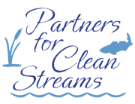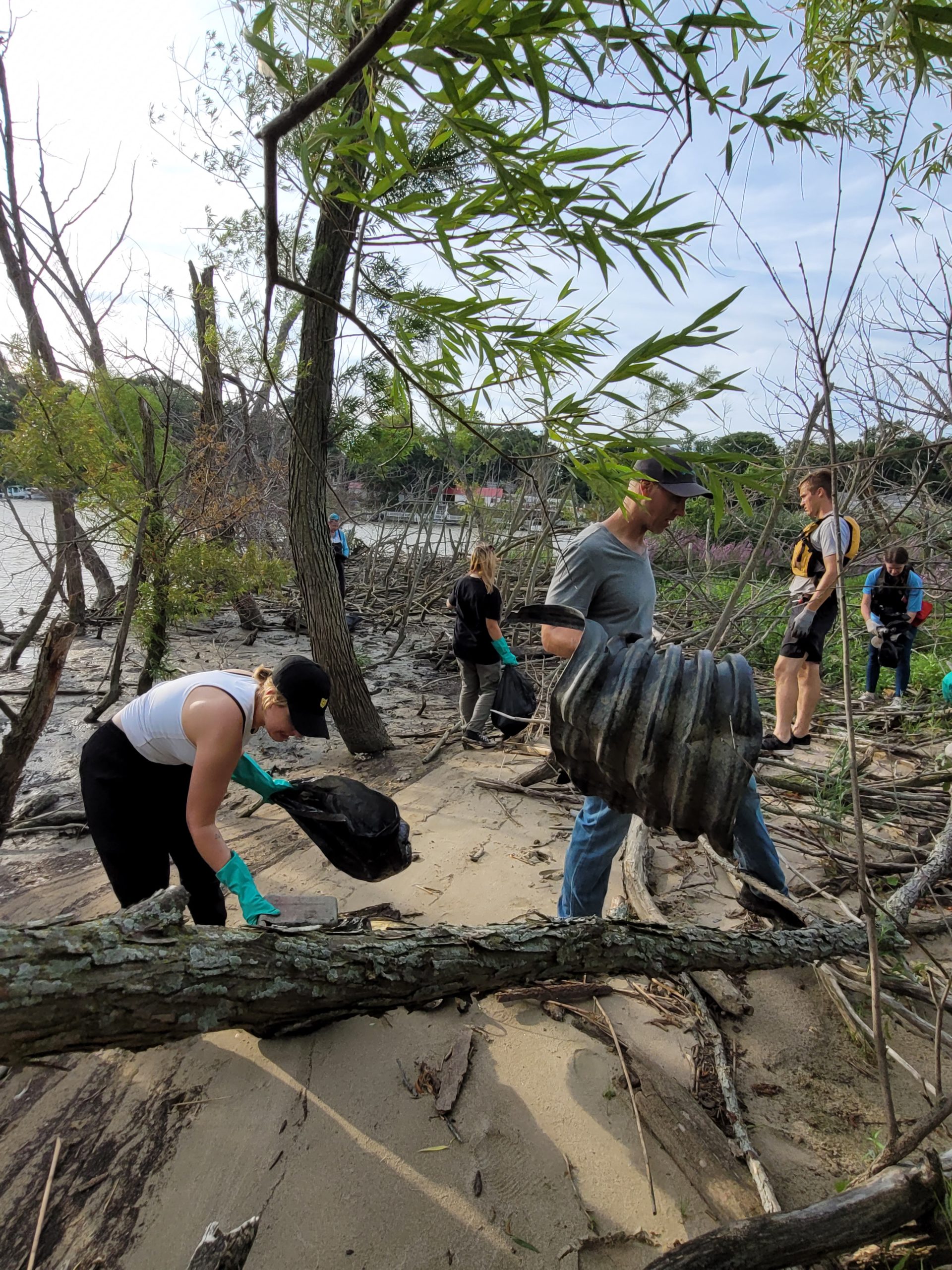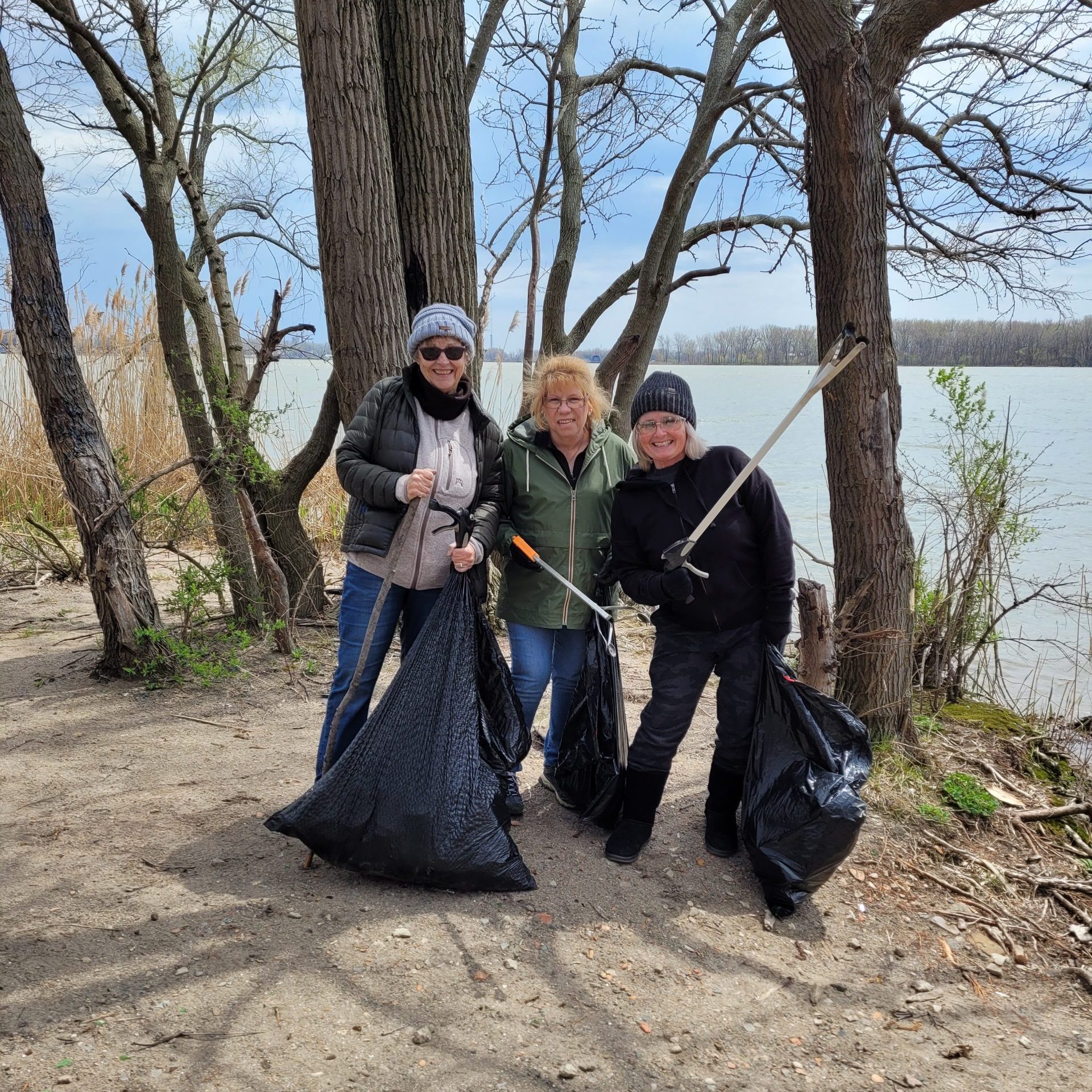
Join The Fight Against Marine Debris
Having the tips and information to make small changes in your lifestyle and turning those changes into daily habits can make all the difference for our waterways. Check out these ideas for what you can do at home to reduce the amount of trash that ends up in our streams, rivers, and Great Lakes.
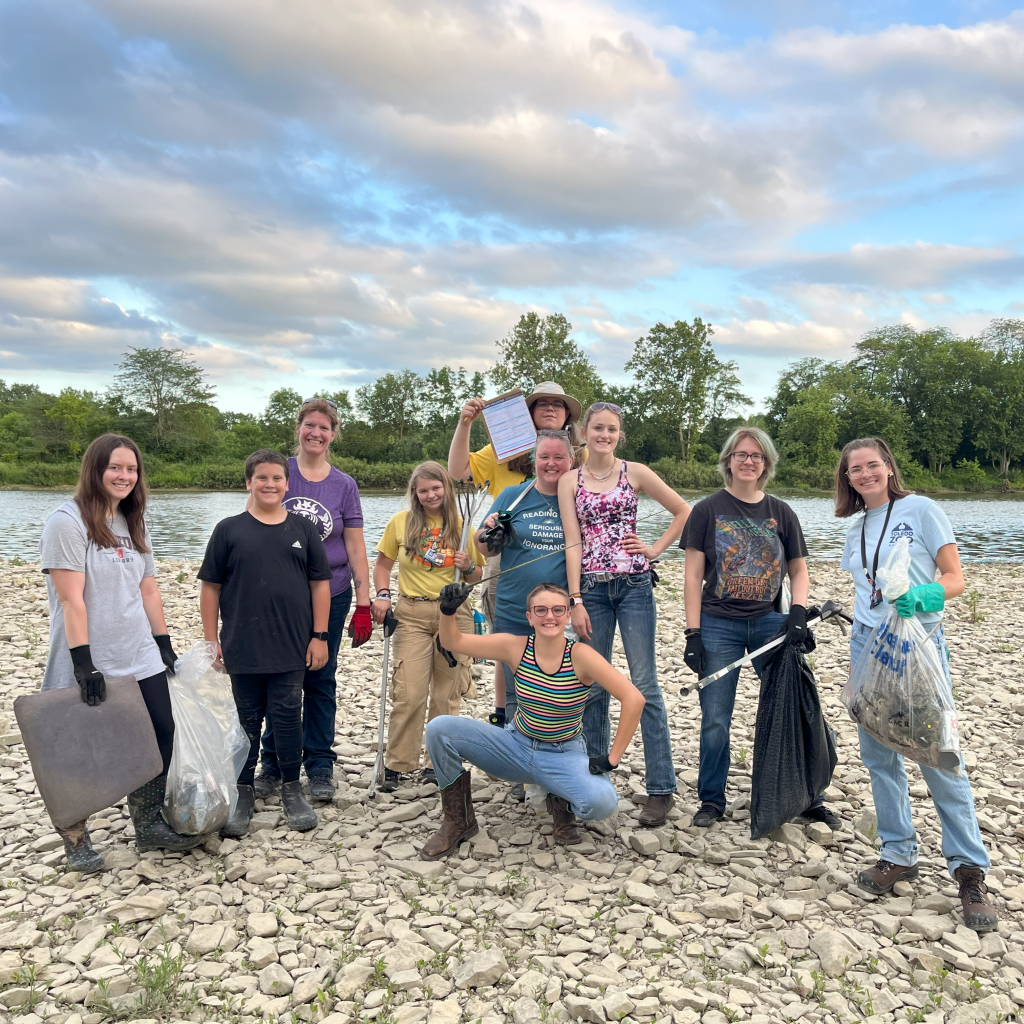
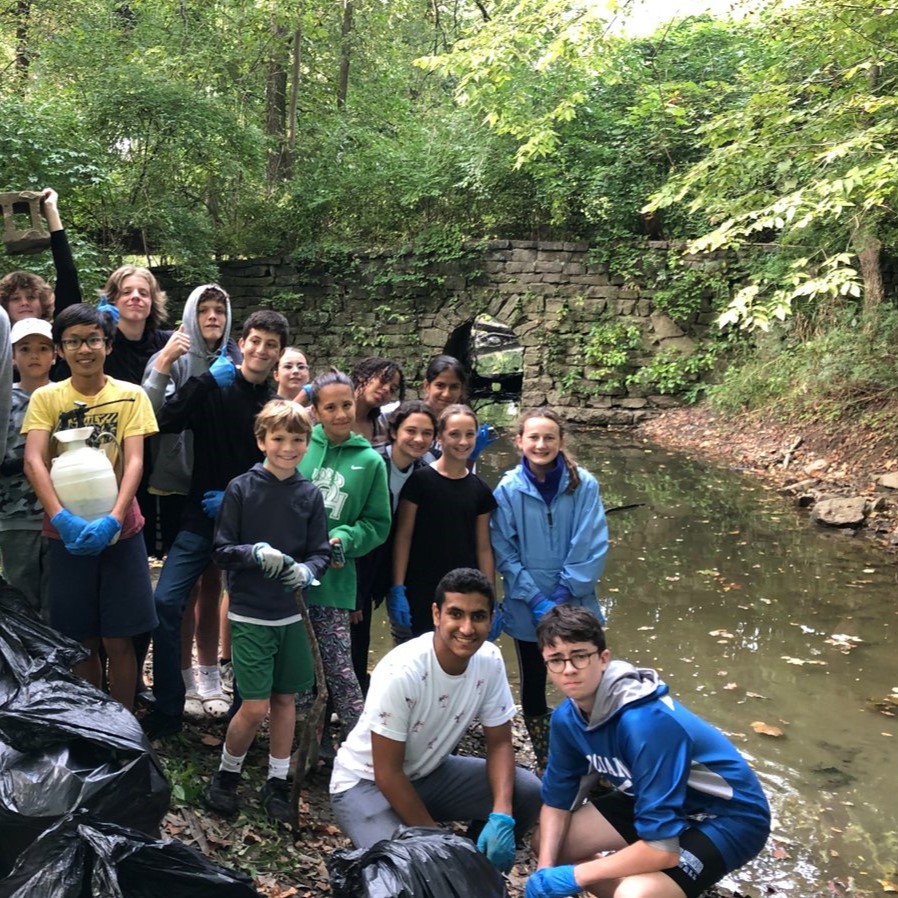
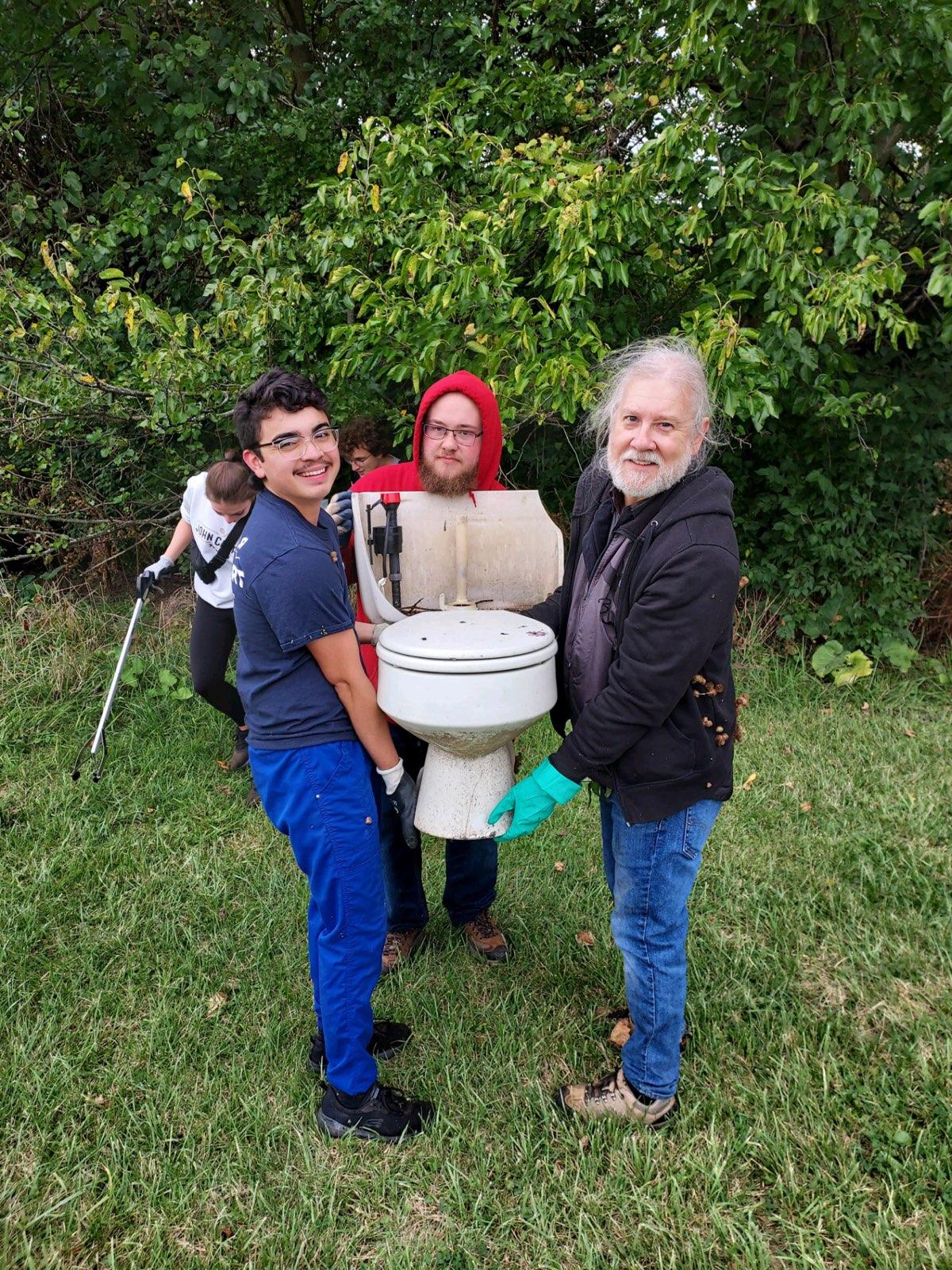
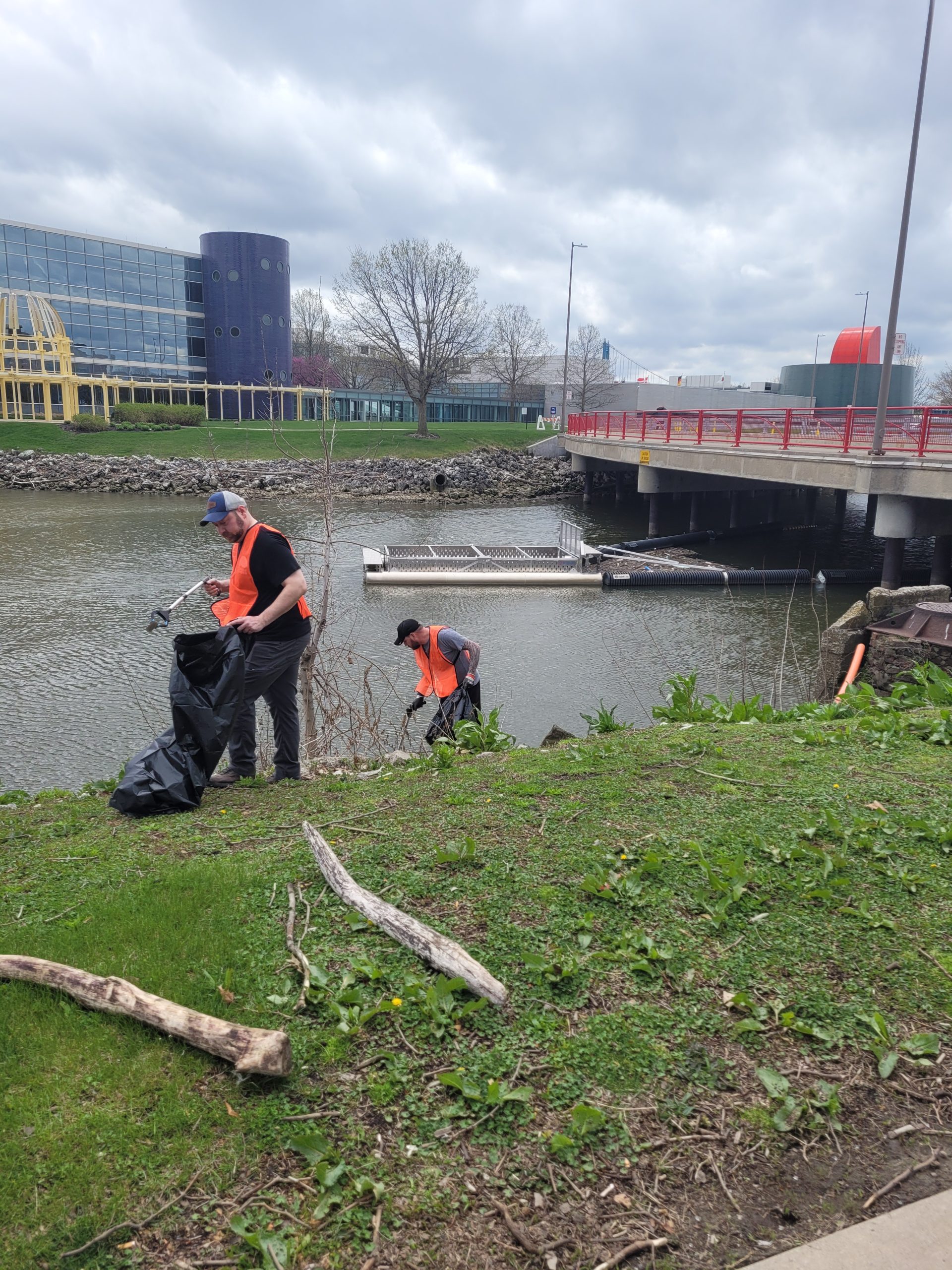
Volunteer
At any time of year, you can check our volunteer page to see what programs are available.
Small Habit Changes
Peace Out Plastics: Reducing Plastic Bottle Waste
Plastic pollution accumulates in landfills and waterways, posing a threat to wildlife, human recreation, and the natural aesthetics that so many people enjoy. One reason people turn to bottled water is that they are concerned with the quality of tap water they receive from municipal sources. However, many of the major brands of bottled water come from purified municipal tap water. This means that there is often no difference between tap water and bottled water. Plastic beverage bottles are one of the most collected waste items in stream and beach cleanups across the world. You can make a positive difference by reducing your plastic waste. Here are five simple lifestyle changes that reduce plastics and the chance that these items end up in our waterways:
- Purchase water purifying pitcher. Pitchers with built-in filtration devices are cheap and effective. Many brands can be purchased for as little as $25.
- Carry a reusable water bottle with you wherever you go. Most universities, municipal buildings, and other buildings have recently installed water bottle refilling stations that are easier to use than drinking fountains.
- If you want to make your water more exciting, buy sport drink mixes, tea, or sweeteners in bulk to shake in with a reusable water bottle.
- Ask fast food or carryout restaurants to fill your water bottle or reusable coffee cup instead of using disposable one-time-use cups for fountain drinks.
- Identify opportunities for recycling disposable water bottles if you decide to purchase one.
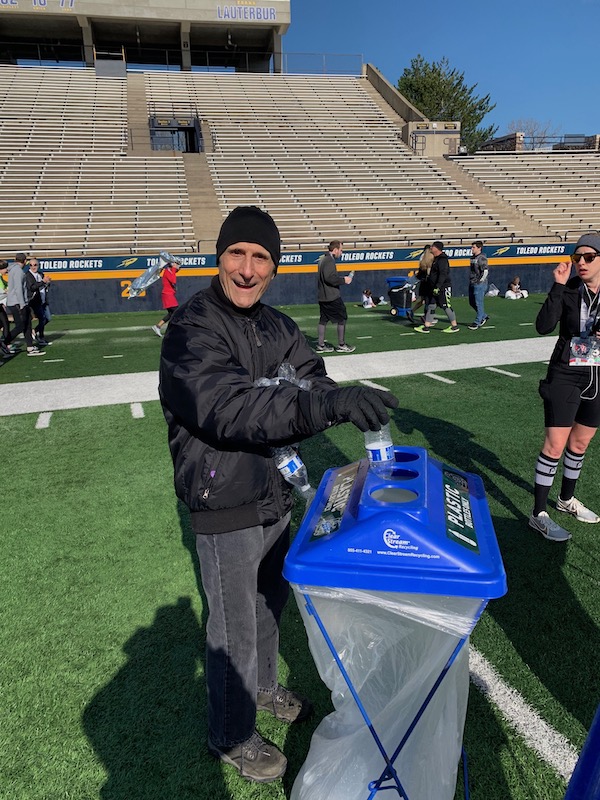
More Ways to Reduce Plastic Waste
- Say no to straws in your drinks! Straws from restaurants and fast food cups are found in waterways all over the world. You probably don’t drink from a straw at home, why do it at a restaurant?
- Use reusable grocery bags. Plastic bags are by far one of the most found items on Clean Your Streams Day. Reusable bags can be purchased inexpensively and they are often used as free handouts at events.
- Look for cardboard packaging at grocery stores or bulk found sellers instead of plastic packaging. Cardboard is more easily recycled and decomposes faster.
- Buying in bulk. Store cereal, cookies, rice, pasta, or other dry goods items that can be bought in bulk in reusable containers that can be taken to the store with you. You can save money and excess packaging by doing this.
- Use glass or heavy-duty plastic leftover containers that can be used over and over again.
- Ask to-go restaurants and coffee shops to fill your reusable container instead of using a single-use item.
- Let take-out restaurants know that you do not need plastic utensils, especially when you are eating at home.
- Try non-toxic cleaning supplies, soap, and lotion or cleaning supplies that come in minimal packaging.
- Pack your lunch in reusable containers.
- If you are a smoker, be a responsible smoker. Carry an ash-tray with you and be sure to properly dispose of the contents. Isn’t about time you kicked that habit anyways?
- Cloth diapers are another means for reducing plastic waste and saving money.
- Utilize razors with reusable blades instead of disposable plastic options.
- Return plastic containers to the vender at farmer’s markets so that they can be refilled by the same vender.
- Pay attention to labeling on face washes and other skin cleansers. Avoid products with microbeads or other plastic scrubbing agents.
- Ask your local municipality about proper disposable and recycling of electronics.
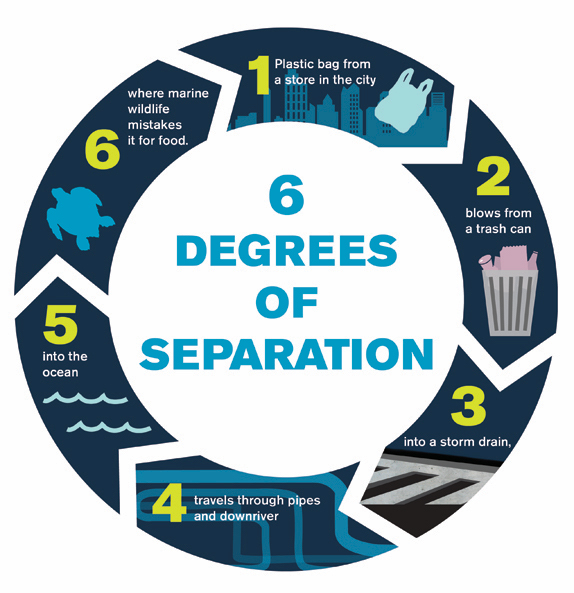
More On Marine Debris
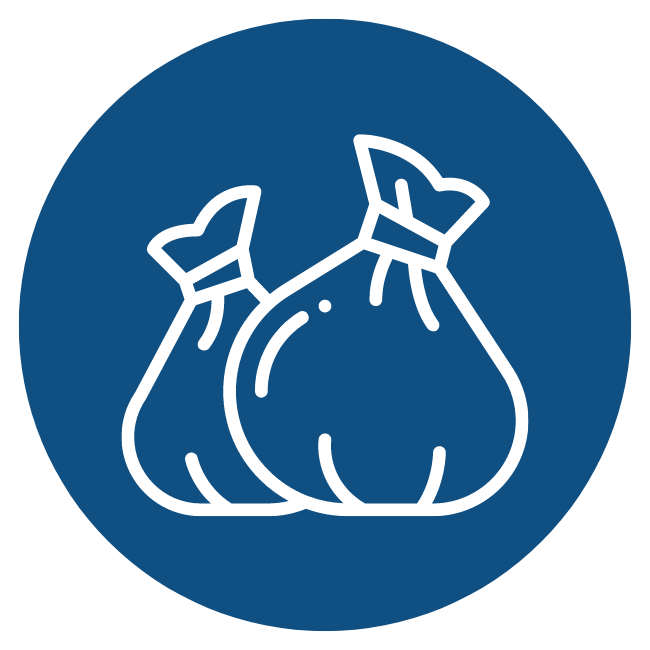
Sorts and Sources
Marine debris comes in many shapes and sizes. Where are some of the places it comes from?
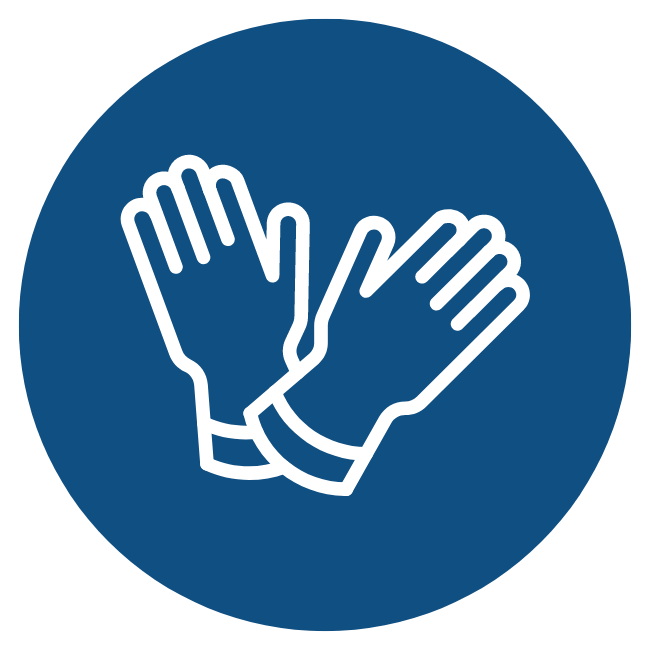
Our Efforts
From Clean Your Streams to Get the Lead Out, learn how our volunteers make a difference.

Resource Collection
This collection includes resources for everyone from grade school to life-long learner adults.
